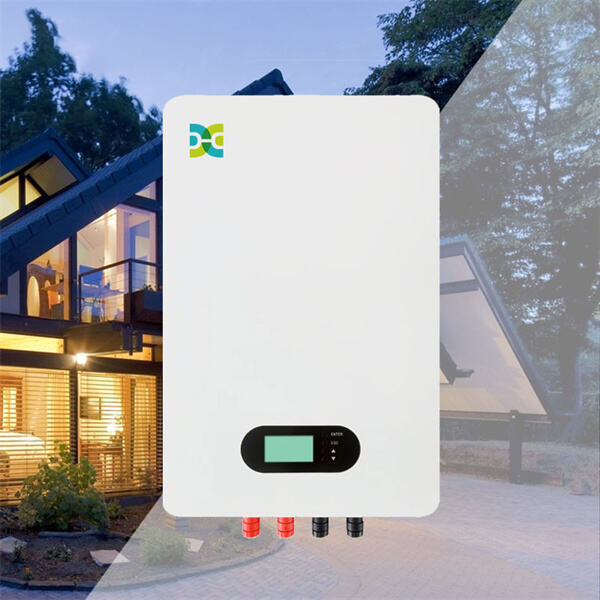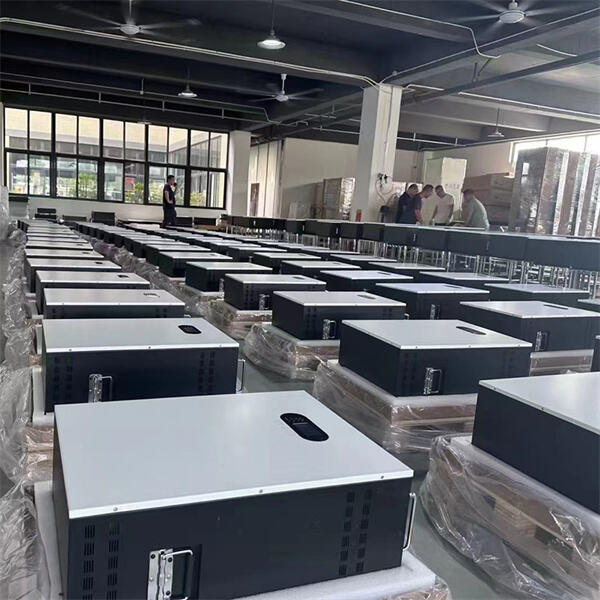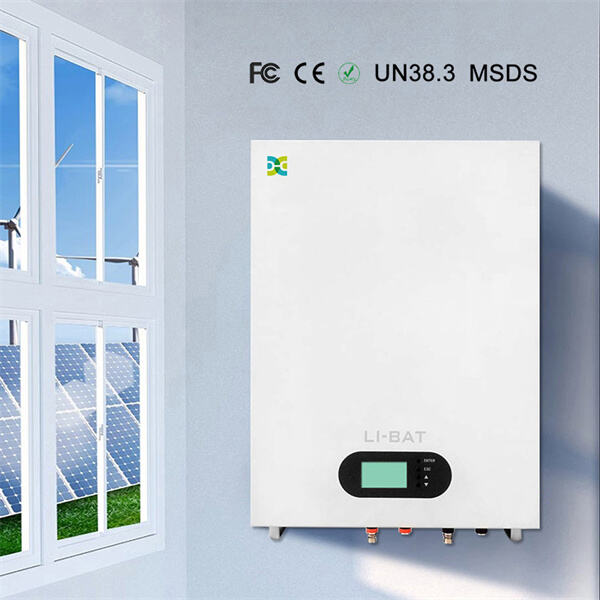Lightweight and high capacity LFP batteries are gaining widespread attention from the automotive manufacturers. They have many advantages, and they’re rejiggering how we think about clean energy.
LFP batteries, also known as lithium iron phosphate batteries, are rechargeable batteries used in electric cars. These batteries tend to be high-energy, long-lasting and quick-charging. They are also better for the environment then old lead-acid batteries, which makes them a darling for car makers.
Increasingly more LFP batteries are being used in cars today. That’s because a lot of people want electric cars, and need cleaner sources of energy. As technology evolves, LFP batteries are getting cheaper and more accessible for consumers.

The LFP batteries are vital to clean energy because they can store power generated by sources, like the sun and the wind. When people don’t need it, they can store excess energy and return it when they do — an important function for helping keep energy supplies balanced. LFP batteries are highly efficient and can be easily integrated with existing energy systems, so they are a fantastic option for storing clean energy.

Safety is a big issue when it comes to batteries, and especially car batteries. LFP batteries are safe because they have a robust chemical structure preventing them to get to an overheat condition. This is an especially compelling suitability for electric vehicles. And to boot, LFP batteries are long lived, so you won’t have to replace them very often, saving time and money.

The use of LFP batteries in electric vehicles is revolutionizing the automobile industry. These batteries use energy more efficiently, let cars travel farther on a single charge, and produce less pollution than regular gas cars. They are easier to recycle, which is better for the environment. The state of electric cars is looking up as more car companies employ LFP batteries to create a clean energy option.
main products include wind turbines, solar panels lifepo4 batteries. customers can receive all-in-one-shop solution the integration and design wind-solar hybrid smart photovoltaic systems. DHC is reliable supplier of products, lfp battery, after-sales support customers through the best delivery capabilities.
We dedicated to upholding integrity as cornerstone of our business, offering customers genuine power products expert services. In the case of wind turbines can pay attention is important to committed to keeping integrity as the cornerstone of business, offering customers the best power products as well as lfp battery services. Consider parameters such as blade diameter and wind turbine's weight when you evaluate wind turbines. We promise that all products manufactured by DHC have real power output without exaggerated power.
DHC is top brand the wind solar hybrid power lfp battery. has its own factory, which incorporates R D and production, design, as well as technical support. Since 2009 the founders of DHC have been implementing the concept environmental protection by embracing new energy and adhered to the company's culture of "diligence honesty, co-operation innovation." Our DHC brand DHC is consequence of this.
Solar wind power systems are our primary focus. offer customers custom solutions using our expert supply lfp battery management capability's ability integrate. Simply tell us about your specific requirements, from design, production, to after-sales support, we will provide with real-time professional services throughout the day.